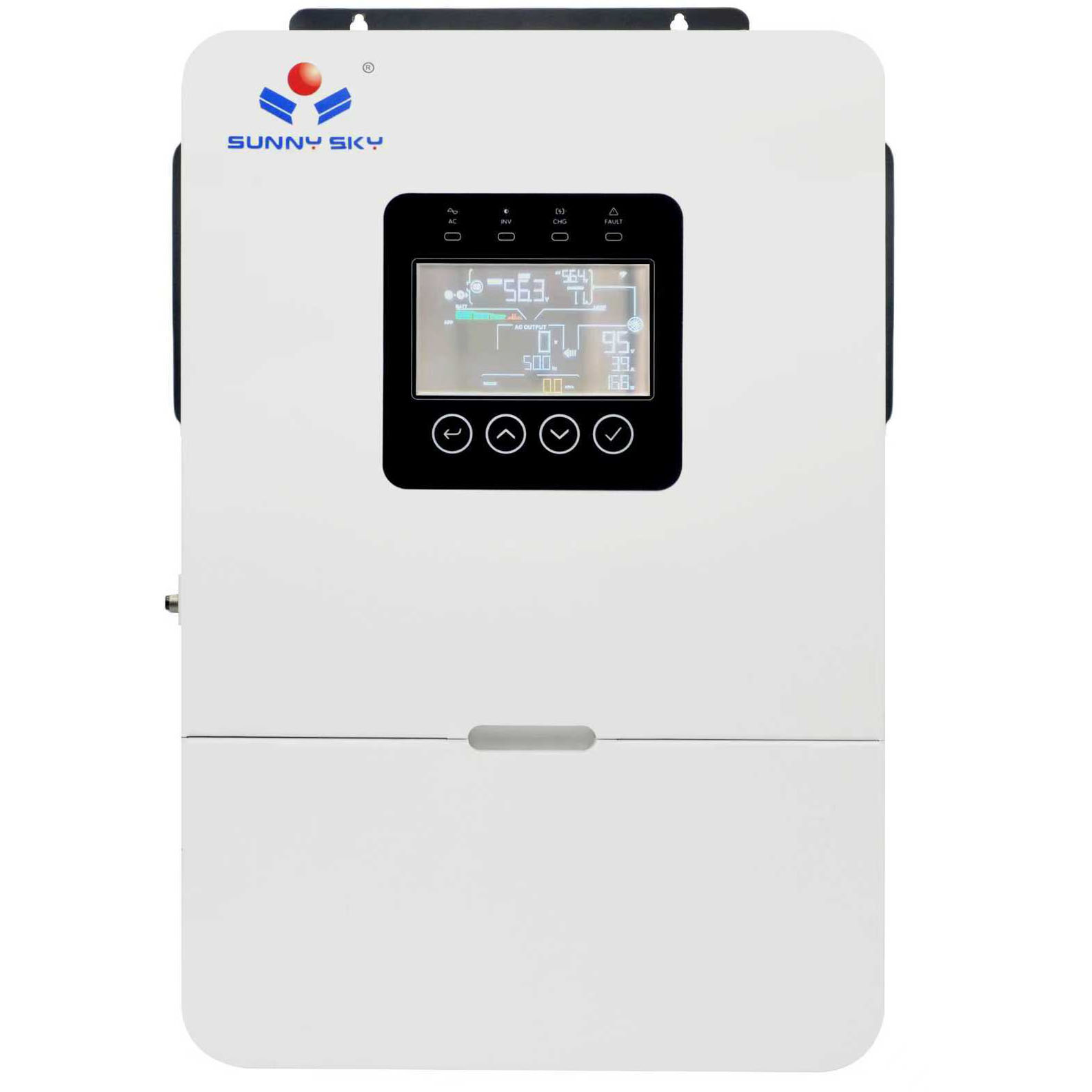The MPPT solar charge controller is a critical component in modern photovoltaic systems, revolutionizing how solar energy is harnessed and managed for optimal efficiency. This technology, known as Maximum Power Point Tracking, ensures that solar panels operate at their peak performance by continuously adjusting to environmental conditions and extracting the most power possible. As renewable energy solutions gain prominence, understanding MPPT controllers becomes essential for anyone involved in solar battery charging setups.

Understanding Solar Charge Controller Types
Solar charge controller types vary widely, but MPPT and PWM controllers are the most common. MPPT controllers, like the one we're discussing, use advanced algorithms to track the maximum power point of the solar array, converting excess voltage into amperage for better energy utilization. In contrast, PWM controllers simply switch the power on and off, which can lead to energy losses. For photovoltaic systems, MPPT technology offers superior efficiency, often reaching up to 99% in energy conversion from solar panels. This makes it ideal for off-grid solar systems where every watt counts. Renewable energy solutions such as these help reduce reliance on fossil fuels and promote sustainable practices.
Comparing MPPT and PWM Controllers
When evaluating MPPT vs PWM controllers, the differences in performance are stark, particularly in solar energy conversion efficiency. MPPT controllers excel in low-light conditions, adjusting dynamically to maintain optimal charging, whereas PWM controllers may underperform due to their simpler design. This comparison highlights why MPPT is preferred for battery management systems, as it minimizes waste and extends battery life through precise voltage regulation. For instance, in solar battery charging scenarios, MPPT can increase energy harvest by up to 30% compared to PWM, making it a smarter choice for long-term renewable energy solutions. Additionally, MPPT systems provide robust protection features, such as overcharge and short-circuit safeguards, ensuring the longevity of your setup.
Applications in Photovoltaic Systems and Off-Grid Solutions
In photovoltaic systems, MPPT solar charge controllers play a pivotal role in managing energy flow to batteries, adapting to various battery types like lithium or lead-acid for customized charging modes. This adaptability is crucial for off-grid solar systems, where consistent power is needed without grid access. Battery management systems benefit from MPPT's ability to monitor and optimize charging cycles, preventing issues like over-discharge and enhancing overall system reliability. For those implementing renewable energy solutions, integrating an MPPT controller can lead to significant cost savings over time by maximizing solar energy conversion. With features like parallel connections and scalable designs, these controllers support everything from small residential setups to large-scale installations, making them a versatile backbone for sustainable energy infrastructure. As the demand for efficient solar technologies grows, MPPT controllers continue to evolve, offering users peace of mind through their technical prowess and environmental benefits.







